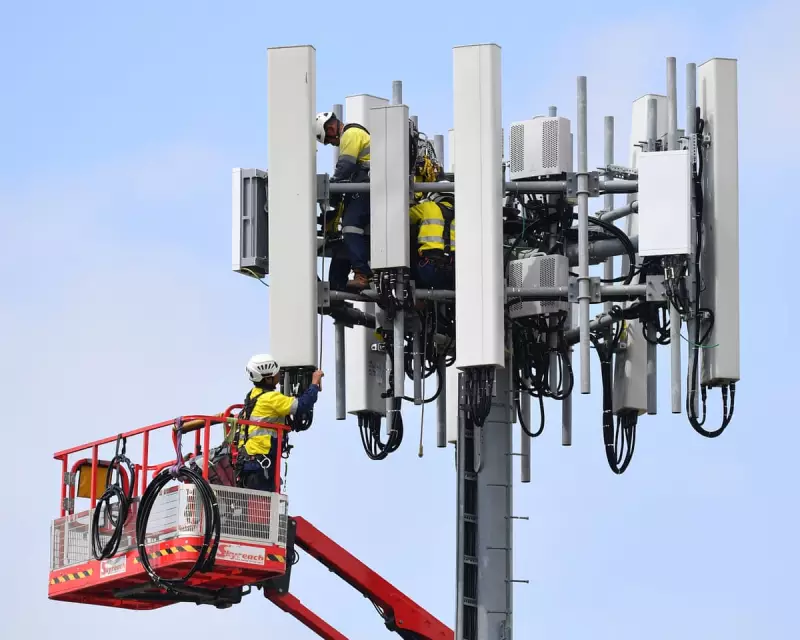
As bushfires rage across New South Wales, a terrifying reality has emerged for rural communities: what happens when the phone lines go dead during an emergency? The recent Optus network failure has exposed a critical vulnerability in Australia's emergency response system that could have catastrophic consequences.
The Night the Emergency Line Went Silent
During one of the most dangerous bushfire periods in recent memory, thousands of Australians found themselves unable to reach triple zero services. The Optus network collapse didn't just disrupt daily communications—it severed a vital lifeline for communities facing imminent fire threats.
Rural Australia's Perfect Storm
For those living in fire-prone regions, the situation represents their worst nightmare. These communities face a dual threat: the advancing flames and the failure of the very systems designed to protect them. Many residents reported being unable to contact emergency services or receive crucial fire updates as the network went down.
"We were completely cut off," one rural resident reported. "No way to call for help, no way to know if we should evacuate. It was terrifying."
A Systemic Failure Exposed
The incident has raised urgent questions about Australia's emergency communication infrastructure:
- Why do single points of failure exist in critical emergency systems?
- What backup systems are in place when primary networks collapse?
- How can rural communities be better protected during telecommunications outages?
The Human Cost of Connectivity Failures
Beyond the immediate danger, the outage has highlighted the psychological impact on vulnerable communities. Elderly residents, people with disabilities, and those in isolated properties faced particular anxiety, knowing their primary means of calling for help had vanished.
"This isn't just an inconvenience—it's a matter of life and death," said one emergency services volunteer. "When seconds count, having no way to reach emergency services is unimaginable."
Calling for Change
The crisis has sparked demands for immediate reform. Experts are calling for:
- Redundant emergency communication systems that can survive network failures
- Mandatory backup protocols for telecommunications providers
- Community-based emergency alert systems in rural areas
- Regular testing of emergency communication infrastructure
As climate change intensifies bushfire seasons, the reliability of emergency communications becomes increasingly critical. The Optus failure serves as a stark warning that Australia's emergency systems must evolve to meet growing threats.
The question remains: will we act before the next emergency finds us once again in the dark?





